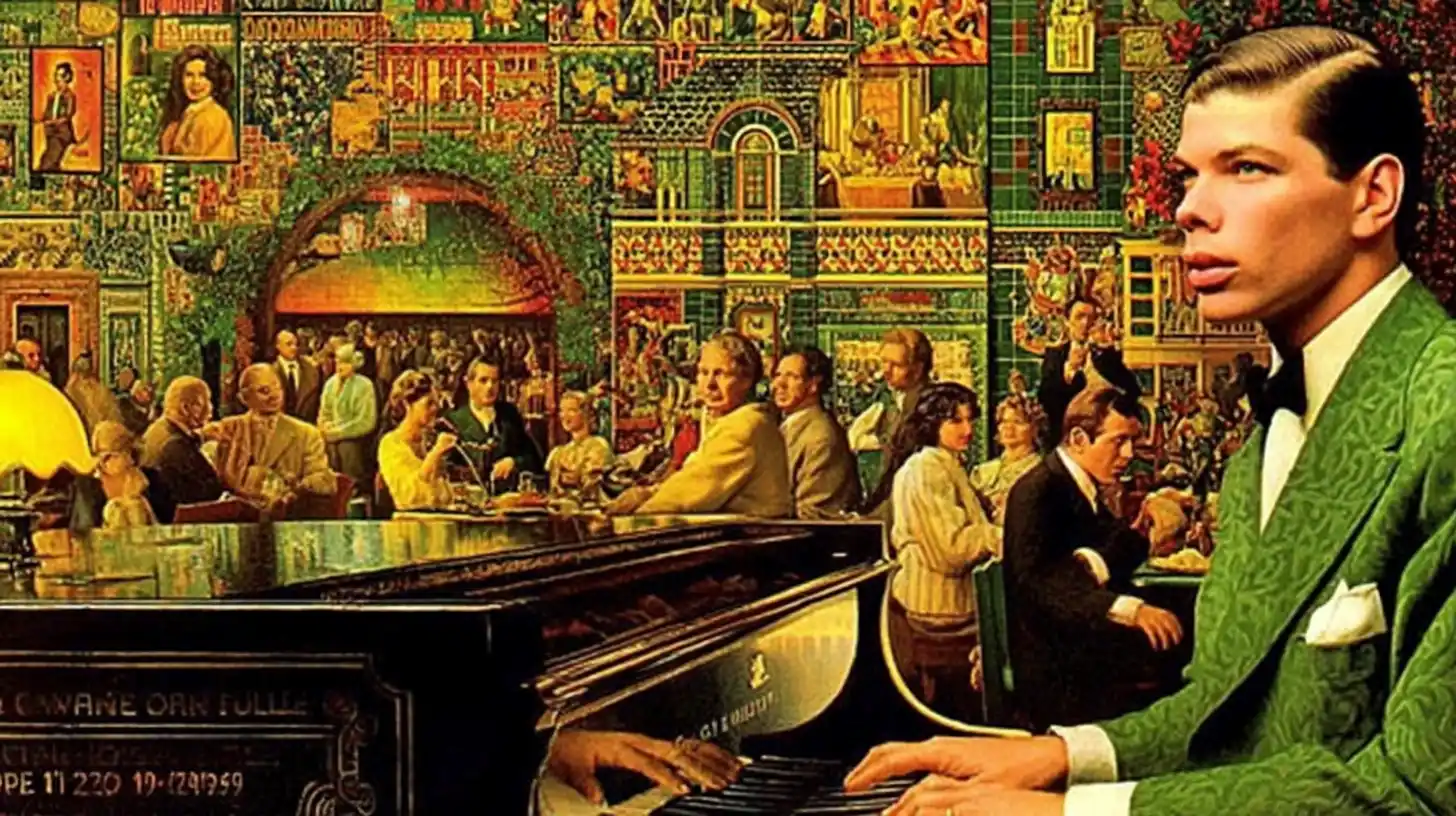.webp)
© History Oasis / Created via Midjourney
The most famous deaf people in history who changed the world without sound.

In Vienna, 1814, Beethoven conducted his Eighth Symphony while completely deaf. He used a pencil clenched between his teeth against the soundboard to feel the vibrations of his compositions.

In 1888, at her home in Tuscumbia, Alabama, seven-year-old Helen Keller mastered the word “water” at a well pump. She later became a radical socialist who co-founded the ACLU but was monitored by the FBI for her political activities.

French-born Laurent Clerc sailed to America in 1816. He became deaf when he fell into a fireplace as a toddler and founded the first permanent school for deaf students in Hartford, Connecticut.

In his laboratory in Menlo Park, New Jersey, in 1877, Edison invented the phonograph while completely deaf in one ear—ironically creating a sound-recording device he could barely hear. He claimed his deafness helped his work by eliminating distractions.

In Savannah, Georgia, in 1912, Juliette Low founded the Girl Scouts of America after becoming deaf when a grain of rice thrown at her wedding became lodged in her ear and later infected.

In 1889, at Cincinnati’s League Park, William “Dummy” Hoy invented baseball’s now-universal umpire hand signals for balls and strikes because he couldn’t hear the calls. He played 14 professional seasons despite standing just 5’4” and living to the age of 99.

In isolated Kaluga, Russia, in 1903, the deaf scientist Tsiolkovsky published the first scholarly work on space travel and rocket propulsion. He developed mathematical equations still used in modern rocketry while living in extreme poverty until the Soviet government finally recognized his genius in the 1920s.

In the choppy waters between France and England in 1926, Gertrude Ederle became the first woman to swim across the English Channel. She beat the existing men’s record by nearly two hours.

In Madrid, 1793, Francisco Goya’s mysterious illness left him permanently deaf at age 46. His deafness transformed his art from royal portraits to disturbing works like “Saturn Devouring His Son”—which he painted directly onto the walls of his home alongside other nightmarish scenes known as “The Black Paintings.”

In 15th-century Spain, Teresa de Cartagena wrote one of Europe’s earliest feminist texts defending women’s intellectual abilities after male critics attacked her writings about deafness.

In Detroit, 1951, chart-topping singer Johnnie Ray narrowly survived a career-ending scandal after being arrested for soliciting an undercover male officer in a public restroom.

In Hartford, Connecticut, in 1821, Julianna Field Gallaudet married Thomas Hopkins Gallaudet against societal expectations that a deaf woman couldn’t manage a household. She raised eight children, including Edward Miner Gallaudet, who would later establish the world’s first university for deaf students.

In Hollywood, 1918, deaf painter Granville Redmond taught Charlie Chaplin sign language between filming silent movie scenes. Their unusual friendship blossomed when Chaplin provided Redmond with a studio on his movie lot and studied the deaf artist’s expressive gestures to improve his own silent film performance.

In Paris, 1891, aristocrat-turned-artist Henri de Toulouse-Lautrec created iconic posters of Moulin Rouge performers. He was just 4’8” tall due to genetic disorders that also caused partial deafness. He carried alcohol in a hollow cane and drank himself to death by age 36.

At the American School for the Deaf in 1825, deafblind Julia Brace learned to identify every student and teacher by their unique body odor. She developed extraordinary sensory adaptations, such as threading needles with her tongue and sorting laundry by smell alone.

On television screens across America in 1977, Ferrigno became famous as the Incredible Hulk despite losing 80% of his hearing as an infant. He later became Los Angeles County Sheriff’s deputy and Michael Jackson’s personal trainer before the singer’s death.